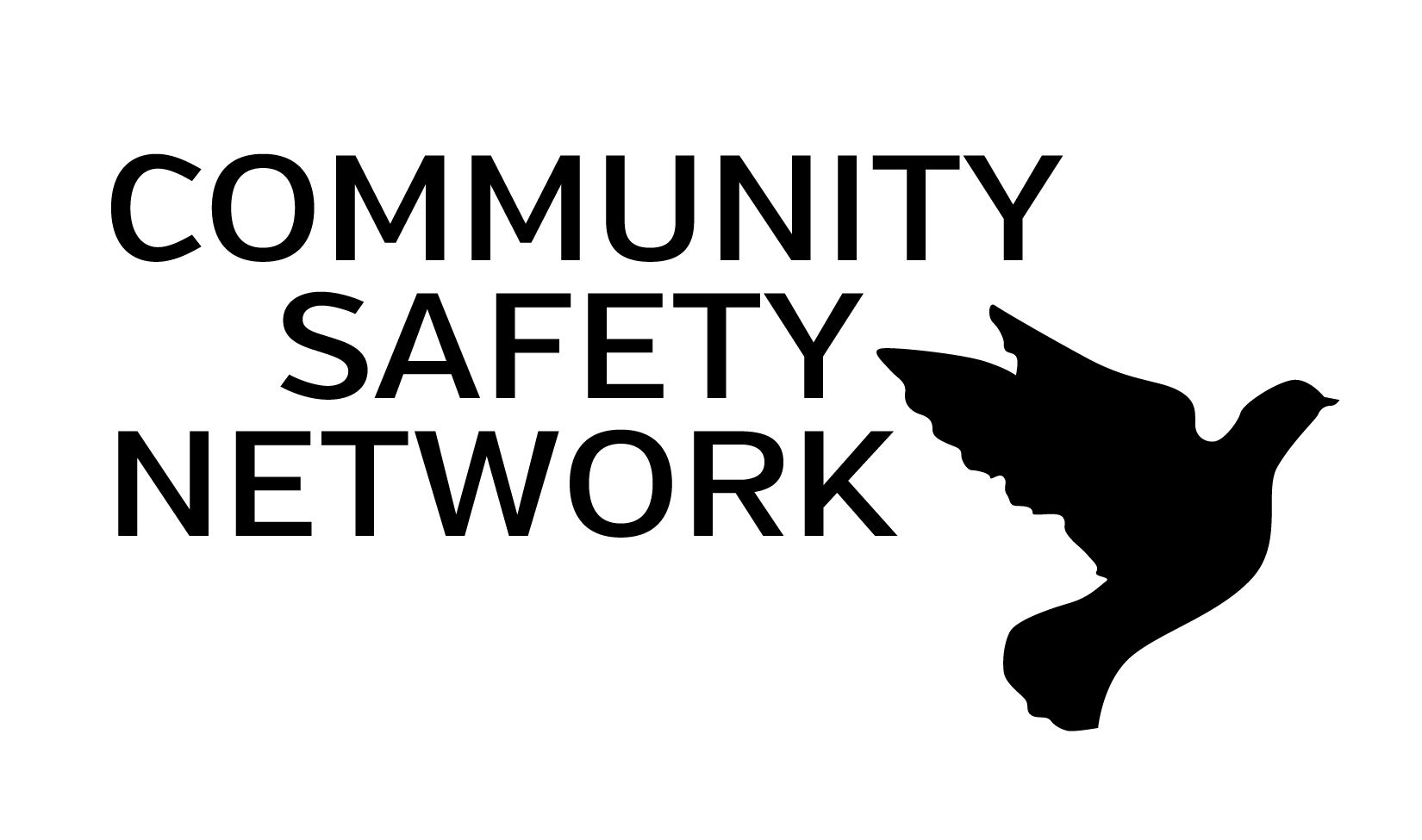COMMUNITY SAFETY NETWORK
teens & kids
Domestic Violence, Sexual Assault, and Teen Dating Violence.
Community Safety Network seeks to provide information, understanding and referrals to those seeking to learn more about the effects of violence on children. Advocates are available 24-hours a day, and CSN is pleased to be part of a community of care in Teton County where specially trained professionals provide services for children. Shelter and on-going advocacy are available at CSN for adult victims of violence and their children.
Unfortunately, the impact of domestic violence, sexual assault and stalking reaches far beyond the adult victim. Too often, children in the home are exposed to domestic violence and suffer the consequences.
Following are some examples, though not a complete list, of the differences seen between children in non-violent homes and children exposed to domestic violence.
Before Birth to Infancy
Smiles
Eyes follow movement
Coos and chuckles
Laughs out loud
Attachment to caregiver
Verbal development
Physical development
Irritable Frequently ill/diarrhea
Difficulty sleeping or eating
Delayed emotional, verbal and physical development
Toddlers to Preschool
Social skills
Potty trained
Physical development
Imitates adult behavior
Frequent illness
Fearful of being alone
Irritable, anxious
Difficulty sleeping
Frequent injuries
Possible developmental delays
Imitates adult behavior
Other Behaviors of Children Witnessing Violence:
- General aggressiveness
- Confusion of feelings
- Models victim/batterer roles
- Pattern of overcompliance and fearfulness
- Low self-esteem
- Fear and distrust of close relationship
- Conflicted about taking sides with parents
- Confusion over right and wrong behavior
- Psychosomatic complaints
- Regressive behaviors
- Lack of social skills
Child Sexual Abuse
Contrary to popular belief, children are at the most risk of being sexually abused by an adult they know and trust. Children in homes where there is domestic violence are at a even greater risk of sexual abuse. Abusers very often tell children that the abuse is their “secret” and threaten the child if he or she tells anyone of the abuse. If the abuser is a family member, the child may have conflicting feelings about getting someone they love in trouble. Often, children suffering abuse feel powerless and fear that they won’t be believed. Since few children actually disclose abuse, it’s important to know what some of the warning signs are. Warning signs may include the following:
- Advanced knowledge of sexual acts or language
- Sexual imagery in artwork
- Sexual aggressiveness with other children
- Excessive masturbation that is not developmentally appropriate
- Sudden changes in personality or behavior
If you suspect a child has been sexually abused, experts advise that you do not interview the child or ask for proof. There are trained professionals who know how to interview children where abuse is suspected to minimize trauma. Child advocacy centers, such as the Hirschfield Center for Children in Teton County, can provide a safe, structured and thorough interview process for child victims.
The State of Wyoming requires all citizens to report suspected abuse or neglect. For contact information on who to call and guidance about reporting abuse, go to the Wyoming DFS website at: Wyoming Family Services
For Teens
Research has shown that teenagers exposed to domestic violence often continue the cycle of abuse in their own relationships, as victims or as abusers. One in five teens who have been in a serious relationship report being hit, slapped or pushed by a partner. In addition, teens who have experienced relationship violence have higher rates of delinquency, teen pregnancy, drug use, violence, and depression.
Teenagers are also at high risk of sexual assault. In Wyoming, the age of consent for sex is 16. However, the law recognizes that adults often prey on teenagers; even when the teens feel they are “in love.” This is commonly referred to as “Statutory Rape.” The teenage years can be highly confusing and it is important that teens understand their own limits and what constitutes a healthy relationship.
If you are a teen who is concerned about your relationship, or you want to know the warning signs and learn more about teen dating violence, visit www.loveisrespect.com and be connected to the online National Teen Dating Abuse Helpline. Community Safety Network also recommends visiting www.loveisnotabuse.com for helpful information about teen dating violence for both teens and adults.
Teens and Technology
The advent of the internet and text messaging can be both a convenience and a danger. We’ve all heard stories of teens who are lured into abuse online. Many offenders perpetrate on teenagers by sending sexually explicit photographs and material. Others send money or expensive gifts to children and teenagers in exchange for sexual material or activity. If you have children or teenagers it is important that you educate yourself about online predators and establish rules for online activity.
Visit www.missingkids.com for information on online predators, and to access a informational DVD.

